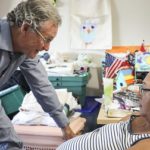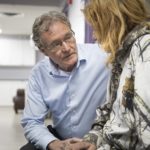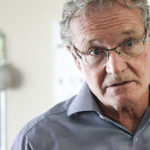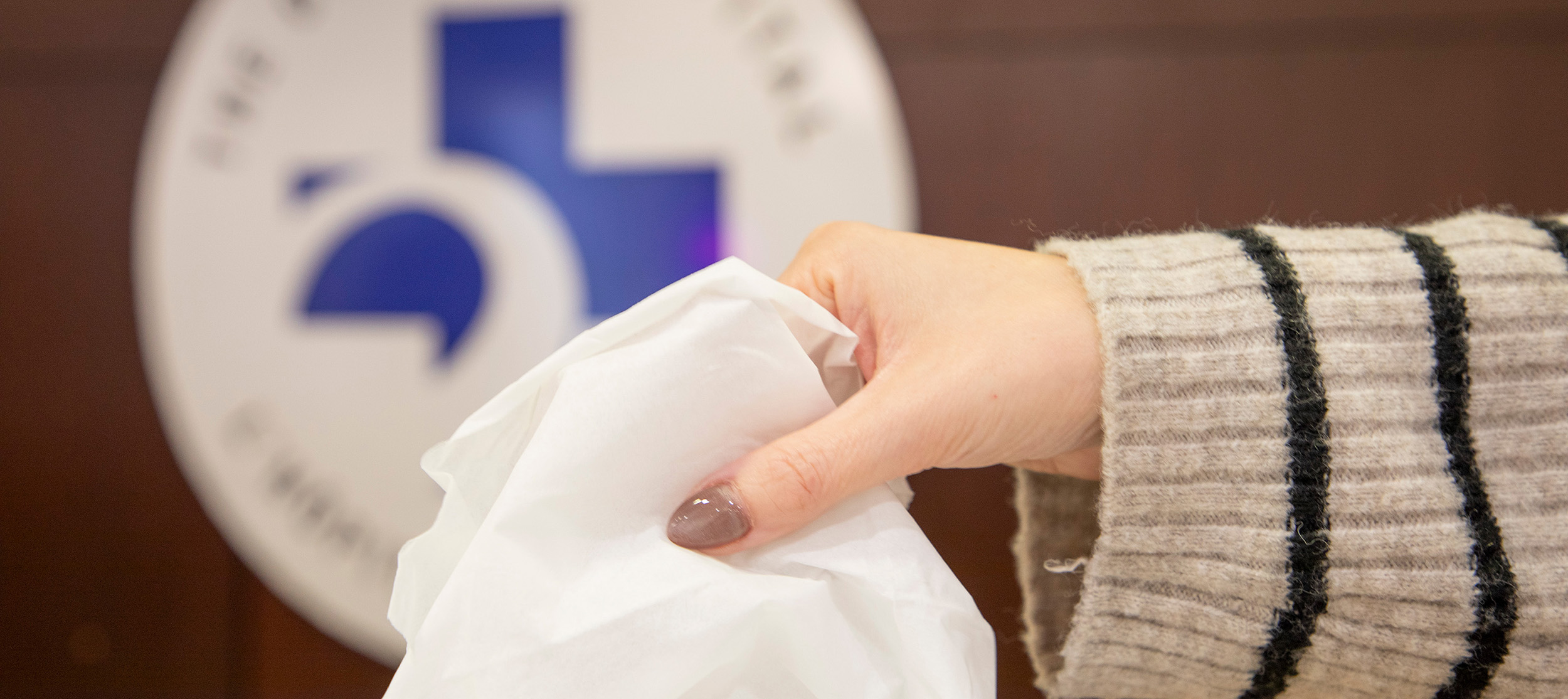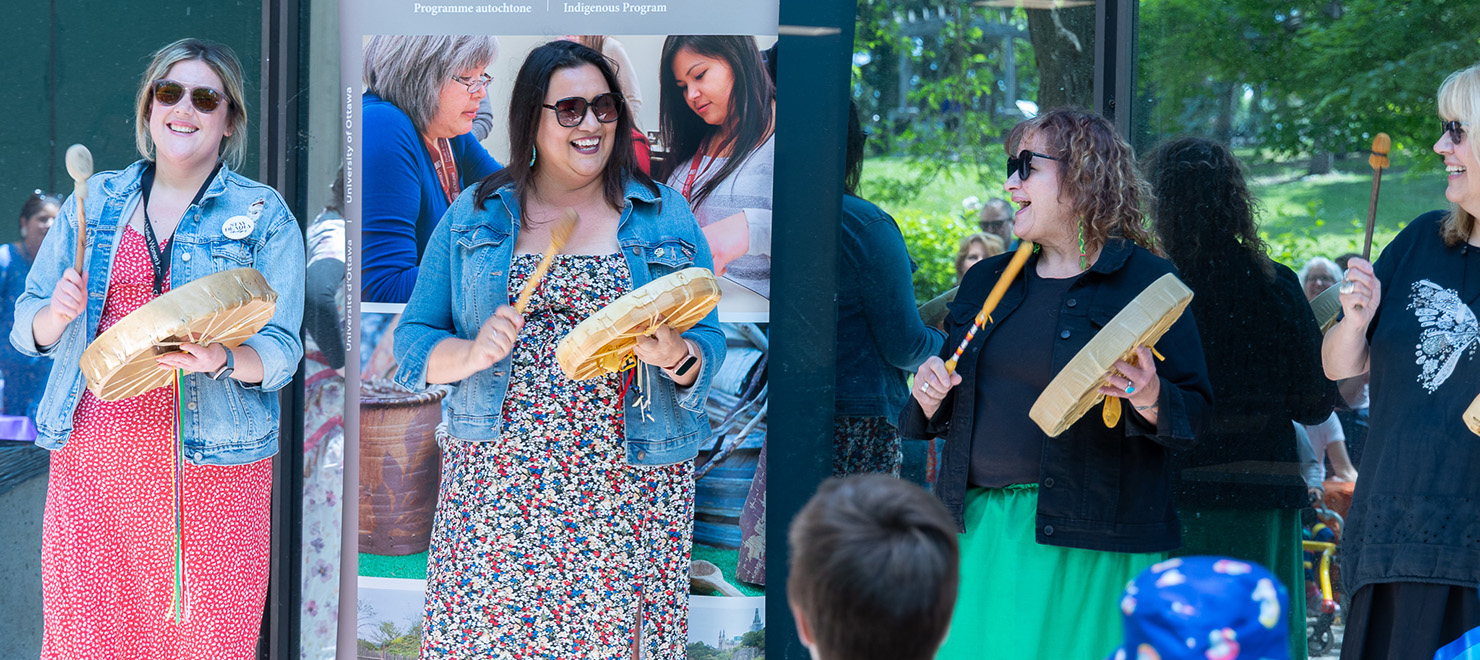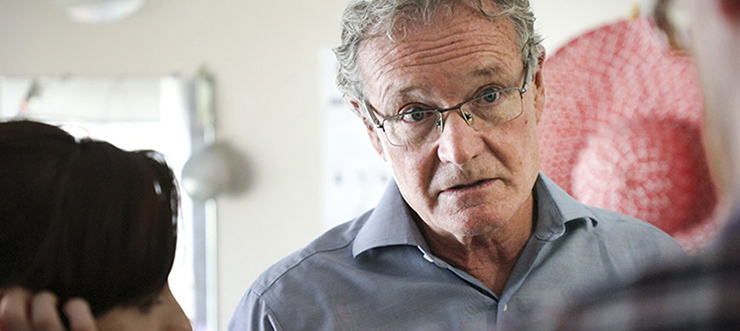
His colleagues use words like “humble,” “compassionate” and “inspiring” to describe a man who many view as larger than life. This photo essay offers a glimpse into a day of rounds with Dr. Jeffrey Turnbull at some of Ottawa’s shelters and hospices.
After nine years as Chief of Staff at The Ottawa Hospital, Dr. Jeffrey Turnbull retired on Dec. 31 from hospital life to spend more time helping Ottawa’s most vulnerable populations.
As medical director and one of the founders of Ottawa Inner City Health, Dr. T (as he’s affectionately known by his patients there) has focused much of his career on treating Ottawa’s homeless people. He and his team have pioneered programs to curb addictions and treat the challenges of mental health among people who otherwise have limited access to regular medical care outside a hospital. He was awarded the Order of Canada in 2007 for his work with Ottawa Inner City Health.
Dr. Turnbull’s résumé includes posts as President of the Medical Council of Canada, President of the Canadian Medical Association, and Department Chair of Medicine at The Ottawa Hospital and University of Ottawa. His colleagues use words like “humble,” “compassionate” and “inspiring” to describe a man who many view as larger than life.[robo-gallery id=”undefined”]
He has helped colleagues achieve their career goals, inspired an entire generation of doctors, given countless hours to help those less fortunate and has made his community a better place.
This photo essay offers a glimpse into a day of rounds with Dr. Turnbull at some of Ottawa’s shelters and hospices. After his retirement from the hospital, he will devote even more of his time there.

Support patient care and research at
The Ottawa Hospital
You might also like…
Living with chronic pain? This online tool offers help — and hope
The Power Over Pain Portal is a free virtual resource hub designed to help empower youth and adults living with chronic pain through education and peer support.
What to do in an emergency: New first aid video series on YouTube
Would you know what to do if you saw someone experience a stroke, heart attack or opioid overdose? We’ve launched a series of easy-to-follow videos on YouTube that walk you through how to respond to common first aid emergencies.
Flu season 101: A quick guide to keeping the sniffles away
Got two minutes? This short guide could help you make it through flu season without stocking up on tissues.
Celebrating the summer solstice and National Indigenous Peoples Day: A photo essay
The summer solstice has deep spiritual and cultural significance for Indigenous communities around the world. Last week, we joined CHEO and uOttawa for a special celebration to mark this important time of year, and to recognize the rich cultures of First Nation, Inuit and Métis Peoples.
Aging well: Guidance for older adults
In this special video series for both older adults and their loved ones, geriatric care specialists from The Ottawa Hospital offer guidance on navigating common health-care challenges that may arise with aging.
A guide to services at The Ottawa Hospital for Indigenous patients and families
At The Ottawa Hospital, we are committed to providing culturally safe care for First Nation, Inuit and Métis patients and families. We are working with Indigenous partners to identify ways we can make your time in hospital more welcoming. Here are some of the ways we’re doing that now.


 To reset, hold the Ctrl key, then press 0.
To reset, hold the Ctrl key, then press 0.
